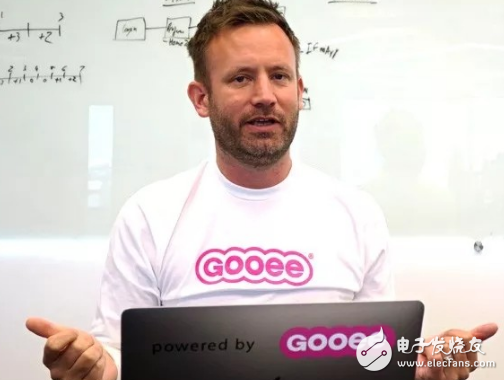According to reports, the EU General Data Protection Act, which will take effect this month, will slow down the emergence of Internet-networked lighting and drive up costs.
In light of the recent scandal of user data sharing between Facebook and Cambridge AnalyTIca, the EU General Data Protection Act (or GDPR) is designed to prevent privacy breaches and protect EU citizens' personal information.
The law will come into effect on Friday, May 25, 2018, and organizations that violate the law will face high fines of up to 4% of global turnover or 20 million euros, whichever is higher.
For companies dealing with European consumer data, this has become an administrative burden, and the impact on the emerging IoT industry, including companies developing so-called “networked lighting†technologies, is particularly evident.
Simon Coombes, chief technology officer of IoT lighting company Gooee, said: "There are 99 clauses in the GDPR law that affect us. Now we have to check every function carefully to make sure it doesn't violate privacy laws."

He is currently writing more than 40 policy and process documents that need to be put into practice. "This is why I signed a contract," he said sarcastically.
He believes that GDPR may slow the emerging IoT lighting industry at a critical stage in its development. "This is a safe nightmare, but it is a problem for everyone."
Lights connected to the Internet usually have built-in sensors, such as occupancy detectors, beacon lights, and low-resolution cameras, and the generated data can be transmitted wirelessly or via cable to the access point and from there to the data cloud.
Companies like Gooee need to keep all the data generated and ensure that all interactions between devices are in line with GDPR.
Coombes said: "When data is moved from one database to another, all data must be encrypted from now on." Again, the visibility of the information needs to be justified at each stage.
“The regulatory environment is now 'why can this person access the data?'â€
“This is the architectural spirit we are implementing. We must make privacy a top priority in design.â€
However, Coombes is concerned that many participants in the industry are not fully prepared for this month's deadline.
"There may be companies that don't have these policies. It's incredible that few companies in the US have heard of GDPR, but there will be a big event in the future to get people to notice this. I'm sure there will be violations."
Gooee's compliance program is implemented by a team of software engineers at the company's technology center in Florida. Coombes hopes that Gooee will become the world's first Internet of Things company to receive TUV certification and meet GDPR and safety certification.
Shenzhen Innovative Cloud Computer Co., Ltd. , https://www.xcypc.com